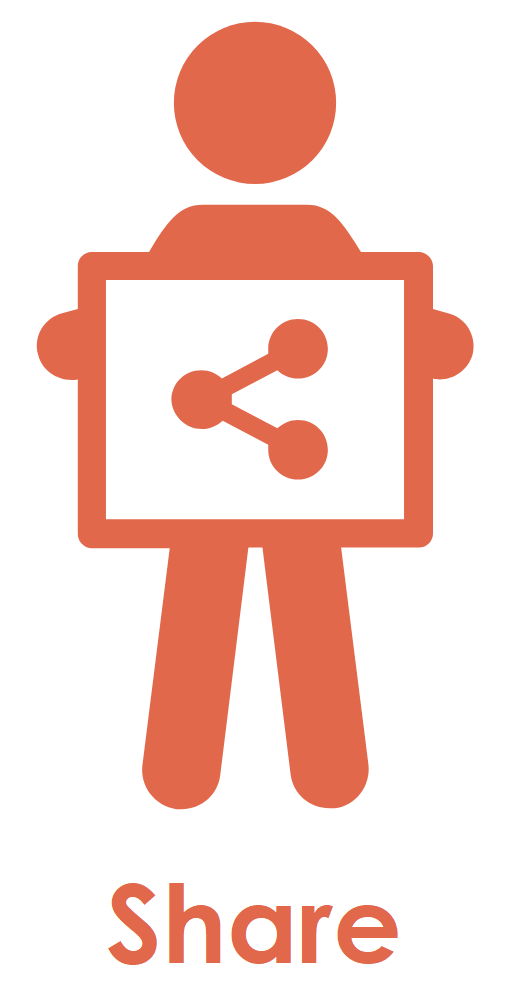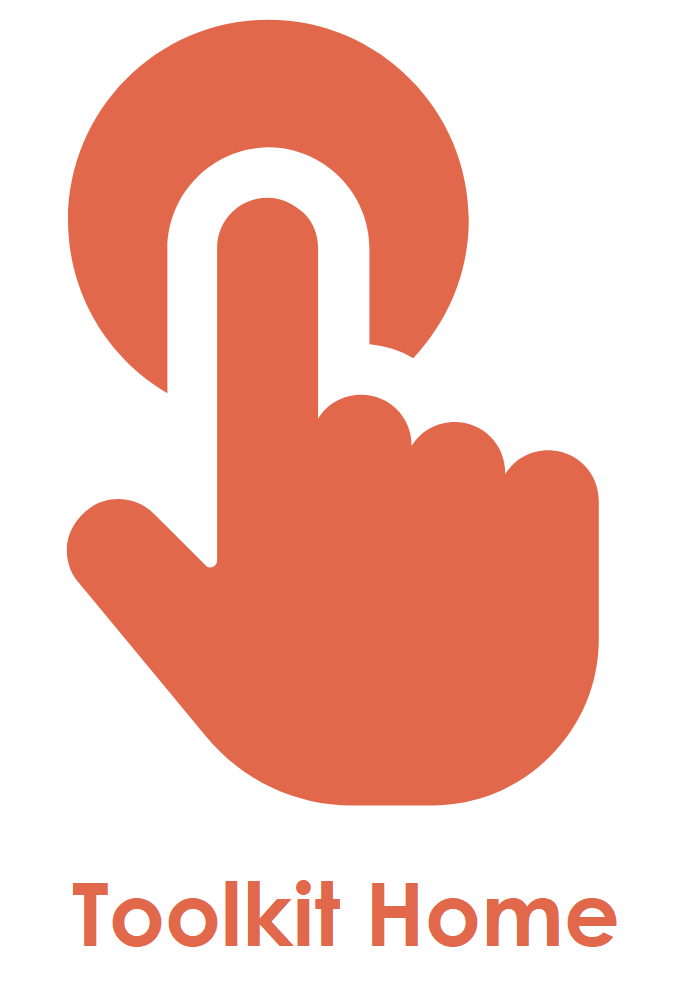Please note that The Human Rights Education Toolkit was developed in 2019 on limited funding, and prior to the changes brought by the COVID-19 pandemic. The resources and timeline of events in this kit, where listed, sit in time in BC’s harm reduction history. For ongoing harm reduction news, please see Substance Use News issues on our Substance Use and Harm Reduction page.
 The province of BC is committed to a human rights-based approach to harm reduction (see Overdose Emergency Response Centre Terms of Reference), and this toolkit focuses on human rights issues associated with discrimination against people use drugs. It draws information collected from people who use drugs compiled and reported in Project Inclusion report, national and international sources.
The province of BC is committed to a human rights-based approach to harm reduction (see Overdose Emergency Response Centre Terms of Reference), and this toolkit focuses on human rights issues associated with discrimination against people use drugs. It draws information collected from people who use drugs compiled and reported in Project Inclusion report, national and international sources.
Vital Voices
People who use drugs are vital participants to the community response to the overdose crisis. They know what the realities are to live with limits on their rights to get healthcare, to experience prejudice and stigma, and to face racism on a daily basis. It is people who use drugs who stepped up to create peer groups, to advocate for political change and support, and to work to save each other’s lives. Learning from the experiences of people who use drugs is necessary in reworking systems, practices, and policies. The Nothing About Us Without Us Manifesto: Greater, Meaningful Involvement of People Who Use Illegal Drugs report was developed in response to decision-making that excluded, yet deeply impacted health and social impacts, of people who use drugs (PWUD).
 “Because we use illegal drugs, people and governments often deny us our rights and dignity. We have the same human rights as everyone else. We have the right to meaningfully participate in decision making on issues affecting us. We have unique expertise and experiences and have a vital role to play in defining the health, social, legal and research policies that affect us.” (Nothing About Us Without Us Manifesto)
“Because we use illegal drugs, people and governments often deny us our rights and dignity. We have the same human rights as everyone else. We have the right to meaningfully participate in decision making on issues affecting us. We have unique expertise and experiences and have a vital role to play in defining the health, social, legal and research policies that affect us.” (Nothing About Us Without Us Manifesto)
The Canadian Association of People Who Use Drugs (CAPUD) was key in developing Peerology, “an instructional manual made by people who use drugs on how to include people with lived experience in the decision making processes that impact their livelihoods.”
While it is a document for people with lived experience, it includes important information for allies as well. The word peer itself should be considered in all contexts:
The word ‘peer’ is increasingly being used to mean ‘person with lived experience’. While some of us welcome the use of the word ‘peer’ and have embraced it as a word that recognizes and acknowledges our lived experience, there are situations where identifying people as ‘peers’ can be problematic and stigmatizing. ” (Peerology, p. 4)
People with lived experience of the community are the best authorities for issues in the community.
 Nothing About Us Without Us Manifesto (from the HIV Legal Network)
Nothing About Us Without Us Manifesto (from the HIV Legal Network)
Peerology: A guide by and for people who use drugs on how to get involved
Supporting People with Lived Experience in Community Work
In addition to listening to people with lived experiences, communities can build best practices to support their contributions. This encompasses an awareness of challenges people who use drugs might experience in getting involved, and human resource tools.
People who use drugs may have past or ongoing trauma experiences that impact their sense of safety, affecting participation in community work. Awareness of the links between trauma and substance use, stigma and other challenges is important in working with people who use drugs. Having an understanding of Trauma Informed Practice can help communities support people who use drugs to get involved.
If people with lived experience are acting as consultants, they should be paid an honorarium (at minimum) for their work. For people who are new to this kind of community work, structured meetings, or how organizations run, they may appreciate support in learning how to participate fully and effectively. Respectfully support and mentor them as needed, as you would do with a member of a working team.

About Trauma Informed Practice
Trauma Informed Practice Guide
Peer Engagement (Towards the Heart) “Peer engagement uses a community based approach to decision making, as engaging the community in the process is far more likely to lead to effective and acceptable service delivery.”
Peer Payment Standards (BCCDC) – The BC Centre for Disease Control’s (BCCDC) Peer Payment Standards guide helps outline payment amounts and methods to use when engaging peers across the province.
Peer Compensation and Resources discusses the Nothing About Us, Without Us principles and provides resources surrounding equitable compensation for and best practices in peer engagement.
Peer Engagement Principles and Best Practices: A guide for BC Health Authorities and other providers (BCCDC) An in-depth look at best practices surrounding peer engagement in work around harm reduction, this focuses on supporting organizations through the entire process of peer engagement, from preparing to engage to the completion of a project.
Additional resources are available on our Peer Employment Resource Database.
NEXT: Beyond Stigma-Reduction – Putting Rights First
Foundation Tools: Human Rights and Health Equity | Drug Use as a Health and Rights Issue | Surveying Conditions in BC
Tools for Action: How to Engage People with Lived Experience | Beyond Stigma-Reduction
Templates for Change | Select Handouts at a Glance

For general information on drug use and health, see our Substance Use and Harm Reduction page.
Please note that the information in this toolkit is for general information only and should not be taken or relied upon as legal advice. If you have questions about a specific case, consult a lawyer.
